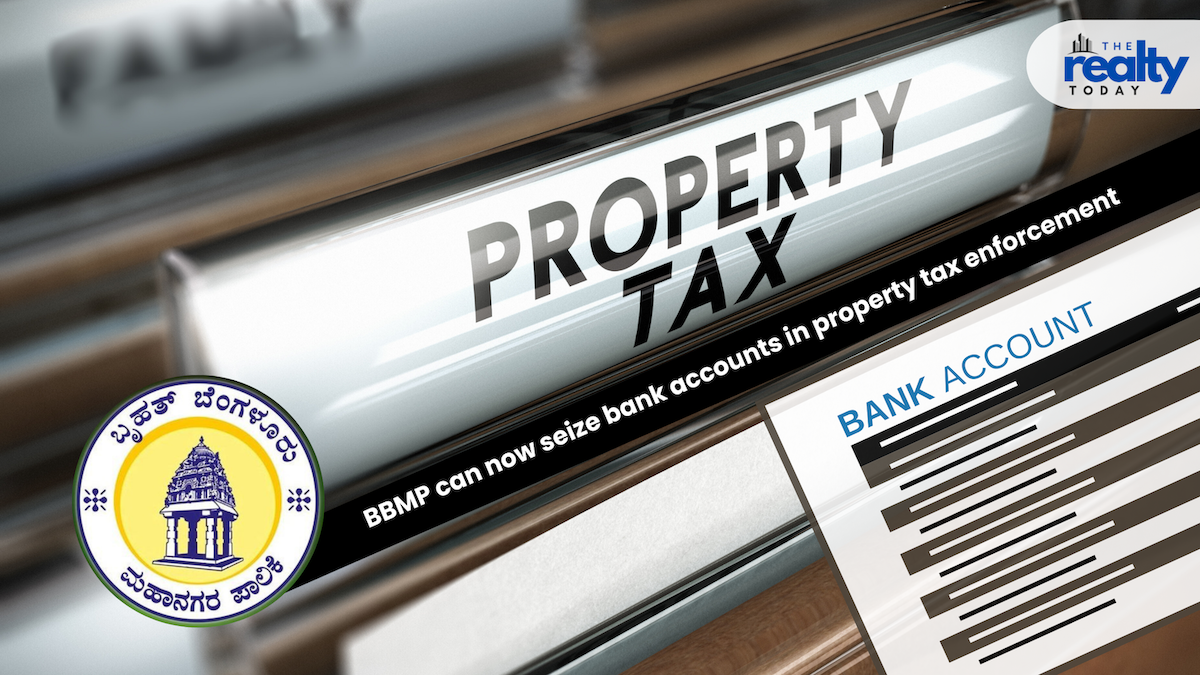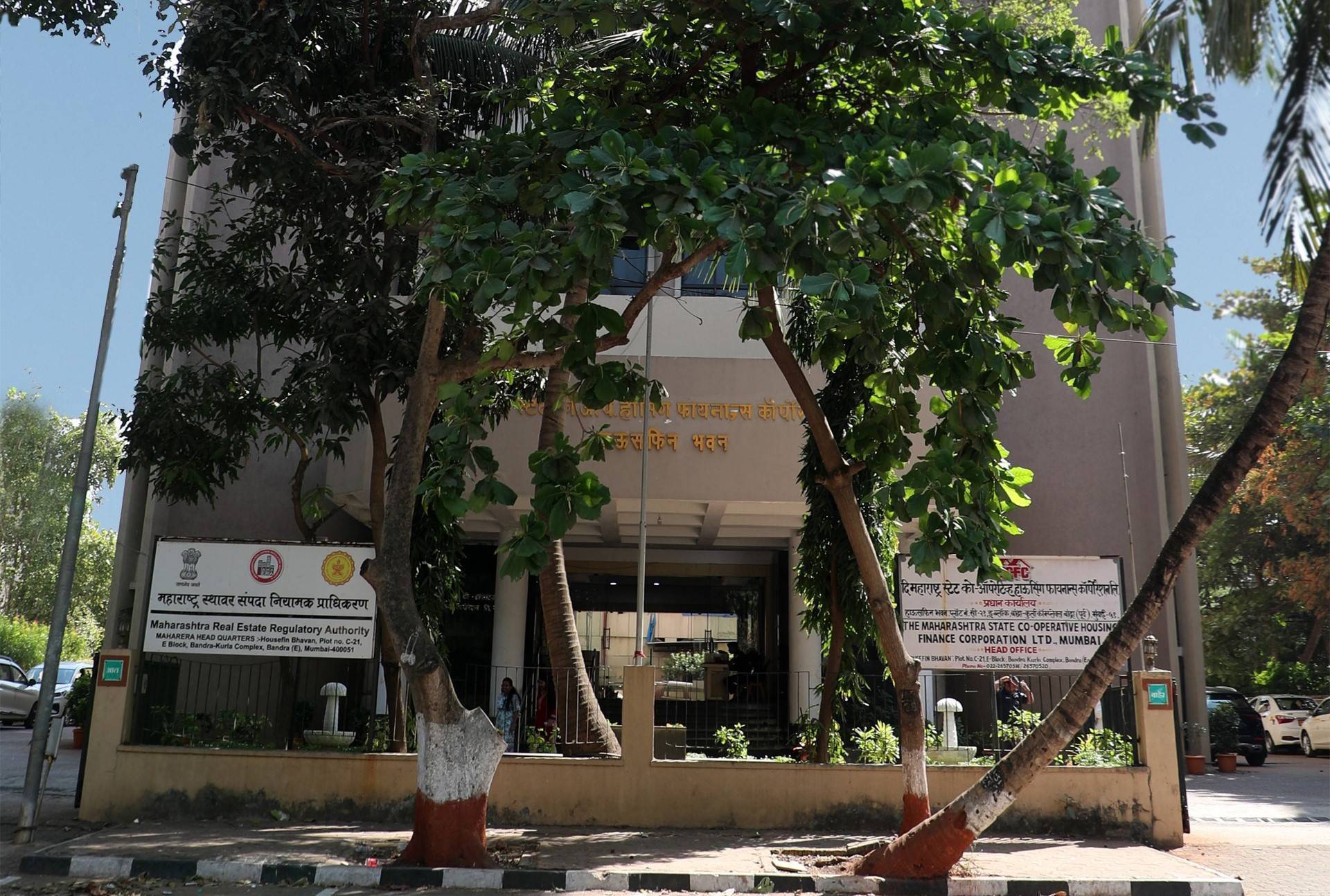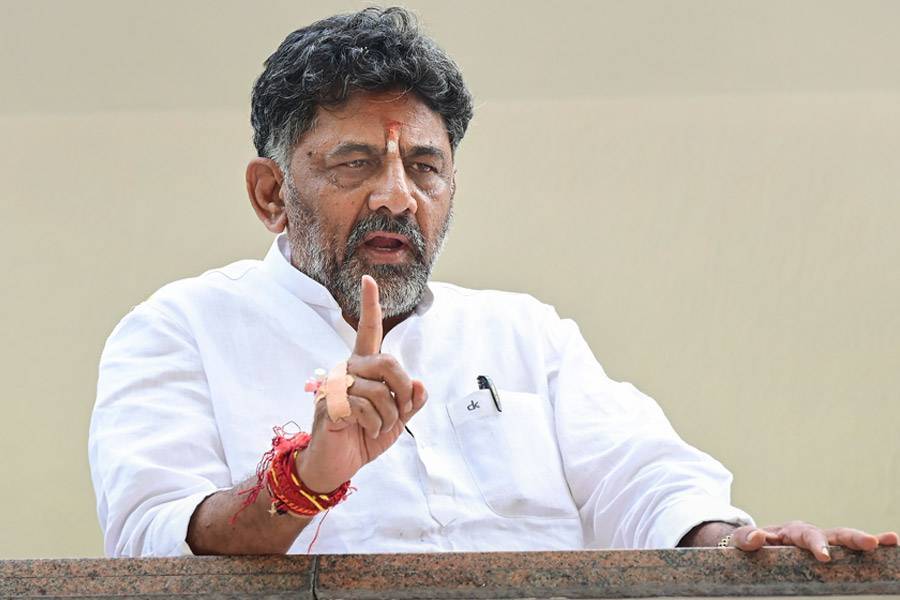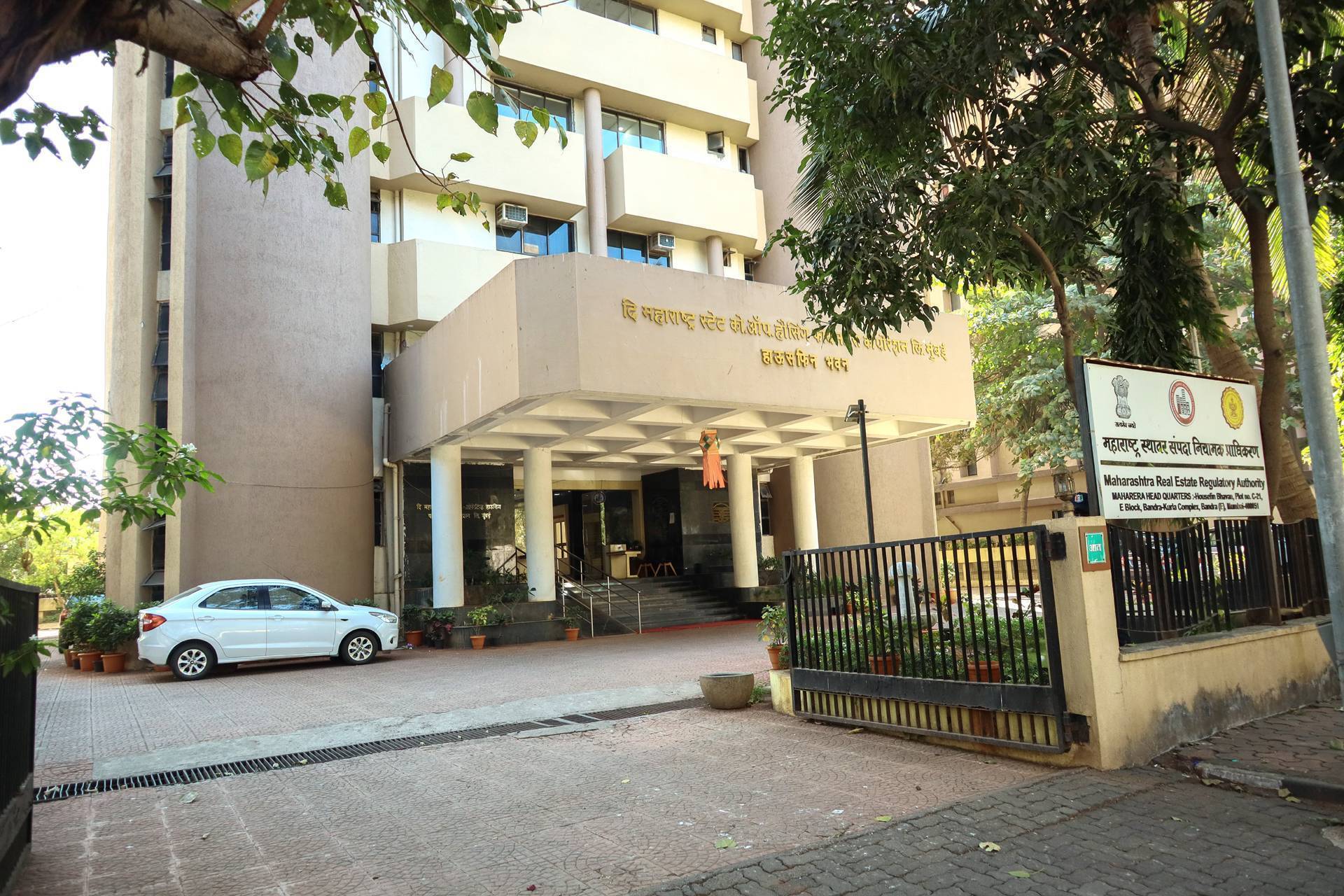The Bruhat Bengaluru Mahanagara Palike (BBMP), Bengaluru’s municipal corporation, has taken a significant step towards enhancing its tax recovery capabilities. As per the recently issued notification under the BBMP (Property Tax Assessment, Recovery, and Management) Rules-2024, the civic body now has the authority to attach the bank accounts of property tax defaulters. This move is seen as a critical measure to address the rising issue of unpaid property taxes in the city, where around three lakh properties currently feature on the tax default list.
A Shift in Strategy
Until now, BBMP officials were limited in their ability to recover outstanding property taxes. The primary tools at their disposal included issuing demand notices and sealing properties of defaulters. However, this approach had its limitations. Many defaulters challenged the BBMP’s actions in court, often resulting in prolonged legal battles that delayed the recovery process. The introduction of the new rules marks a strategic shift, providing BBMP with a more robust mechanism to ensure compliance and expedite the recovery of overdue taxes.
With the new powers, the BBMP can now bypass the legal wrangling over property seizure by directly targeting the financial assets of defaulters. This includes the ability to attach bank accounts and even other immovable properties associated with the defaulters. The BBMP’s goal is to streamline the tax recovery process and send a clear message to property owners about the seriousness of tax obligations.
How the New Process Work: A Detailed Look
The process begins with the BBMP verifying the bank details of the tax defaulter. Once the account information is confirmed, the civic body can issue an attachment warrant to the respective bank using Form 16. This warrant legally binds the bank to freeze the account, effectively preventing the defaulter from withdrawing funds. The BBMP is also required to notify the defaulter about the attachment through a copy of the warrant, which can be delivered in person, via mail, or through electronic means.
The rules also place a statutory obligation on banks to cooperate fully with the BBMP. This includes providing comprehensive information about all the accounts held by the defaulter, including savings, current, and fixed deposit accounts. Should a bank fail to comply with the attachment order or allows the defaulter to withdraw funds post-warrant issuance, the BBMP has the authority to take legal action against the bank under Section 222 of the Bharatiya Nyaya Sanhita-2023. This section empowers the BBMP to hold banks accountable for any lapses in executing the attachment order, ensuring that the recovery process is not obstructed.
Legal Ramifications and Potential Challenges
While the BBMP’s new powers are expected to significantly improve property tax recovery rates, they also introduce new challenges, particularly in the legal domain. Property owners who find their bank accounts attached may seek legal recourse, potentially leading to new rounds of litigation. However, the BBMP’s strategy appears to be preemptive; by focusing on financial assets rather than solely on immovable properties, the civic body aims to minimize the legal avenues available to defaulters.
One potential area of contention could be the accuracy of the tax assessments that lead to account attachments. Defaulters might argue that the amounts claimed by the BBMP are incorrect, leading to disputes that could once again tie up the recovery process in legal knots. To counter this, the BBMP will likely need to ensure that all tax assessments are meticulously accurate and that the attachment orders are legally sound.
Impact on Property Owners and the Real Estate Market
The new rules are expected to have a significant impact on property owners in Bengaluru, particularly those who have been lax in paying their property taxes. The fear of having their bank accounts frozen could drive more property owners to settle their dues promptly. For those already in default, the attachment of their accounts could lead to financial difficulties, especially if large sums are involved.
This move could also have broader implications for Bengaluru’s real estate market. With the BBMP now empowered to attach bank accounts, property owners may become more cautious about accumulating tax arrears. This could lead to a more disciplined market where property taxes are paid on time, thereby increasing the revenue available for urban development projects. However, there is also the possibility of increased resistance from property owners who may view these measures as draconian, potentially leading to a more adversarial relationship between the BBMP and the real estate community.
Public Apprehension
While some view it as a necessary step to improve compliance and ensure that all property owners contribute their fair share to the city’s coffers, others may see it as an overreach that could lead to undue hardship for those already struggling financially. Moreover, there is concern that the BBMP could misuse these powers, leading to cases where bank accounts are attached without sufficient cause or due process. To mitigate such concerns, the BBMP will need to ensure transparency in its operations and provide clear avenues for property owners to contest attachments they believe to be unjust.
Conclusion
The BBMP’s move to empower itself with the ability to attach bank accounts of property tax defaulters marks a significant shift in Bengaluru’s tax recovery strategy. While this approach could lead to higher recovery rates and a more disciplined real estate market, it also introduces new legal and public relations challenges that the BBMP will need to navigate carefully. As these new rules take effect, it will be crucial for the BBMP to balance its enforcement actions with fairness and transparency, ensuring that the process is both effective and just.









.png)